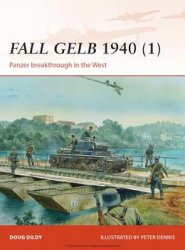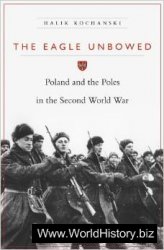In the latter part of the 16th century, the one great area of Ireland that had not been subordinated to Anglicization, by either plantation or "Surrender and Regrant," was Ulster. However, adventurers had set their eyes on its real estate. A major figure in Ulster was Turloch O'Neill, whose succession to Shane O'Neill, to whom he was Tanist, had been acquiesced to by the Crown. Another was his cousin, Hugh O'Neill, whom the queen had protected as a youngster and who had spent much of his youth in England, had served the Crown as a soldier in Munster, had attended the 1585 Irish parliament, and had been designated Baron of Dungannon.
However, for all his training and experience in the new Anglicized order, Hugh O'Neill felt the stirrings of the old order, aspiring to be "The O'Neill" as much as the earl of Tyrone. His determination to revive the old system was further enhanced by the execution and attainment of the lands of the McMahon of Monaghan when the chieftain had exercised customary rights, rather than the rules called for by the "Surrender and Regrant" arrangements. (Afterward, several minor figures among the leading family of Monaghan were given estates under English law. This development would spare Monaghan, although part of Ulster, from the Ulster Plantation two decades later.) Earlier instances of English aggrandizement of which O'Neill would have been aware included the seizure and execution of Brian O'Neill of Clandeboy, his wife, and 200 followers at negotiations in 1574 and the massacre of the population of Rathlin Island, off the Antrim coast, in the following year as part of the territorial ambitions of the earl of Essex.
In 1595 O'Neill attacked and defeated the Crown's army, which was commanded by his brother-in-law, Sir Henry Bagenal, at Clontibert in County Monaghan. Several months later, when Turloch O'Neill died, Hugh succeeded him as "The O'Neill." Soon after, he was leading a confederacy of Ulster chieftains. Most prominent was Hugh Roe O'Donnell of Tyrconnell, whose own experience of having been captured by Perrot in 1587 and cruelly imprisoned in Dublin for four years until he dramatically escaped, as well as the influence of his wife, a niece of Sorley Boy MacDonnell, who had been a rival of the O'Neills but also an opponent and victim of Anglicization, emboldened him to fight the new regime. The politically astute Hugh O'Neill accepted O'Donnell's claim as "The O'Donnell" and formed the alliance, which grew into a national rebellion.




 World History
World History









